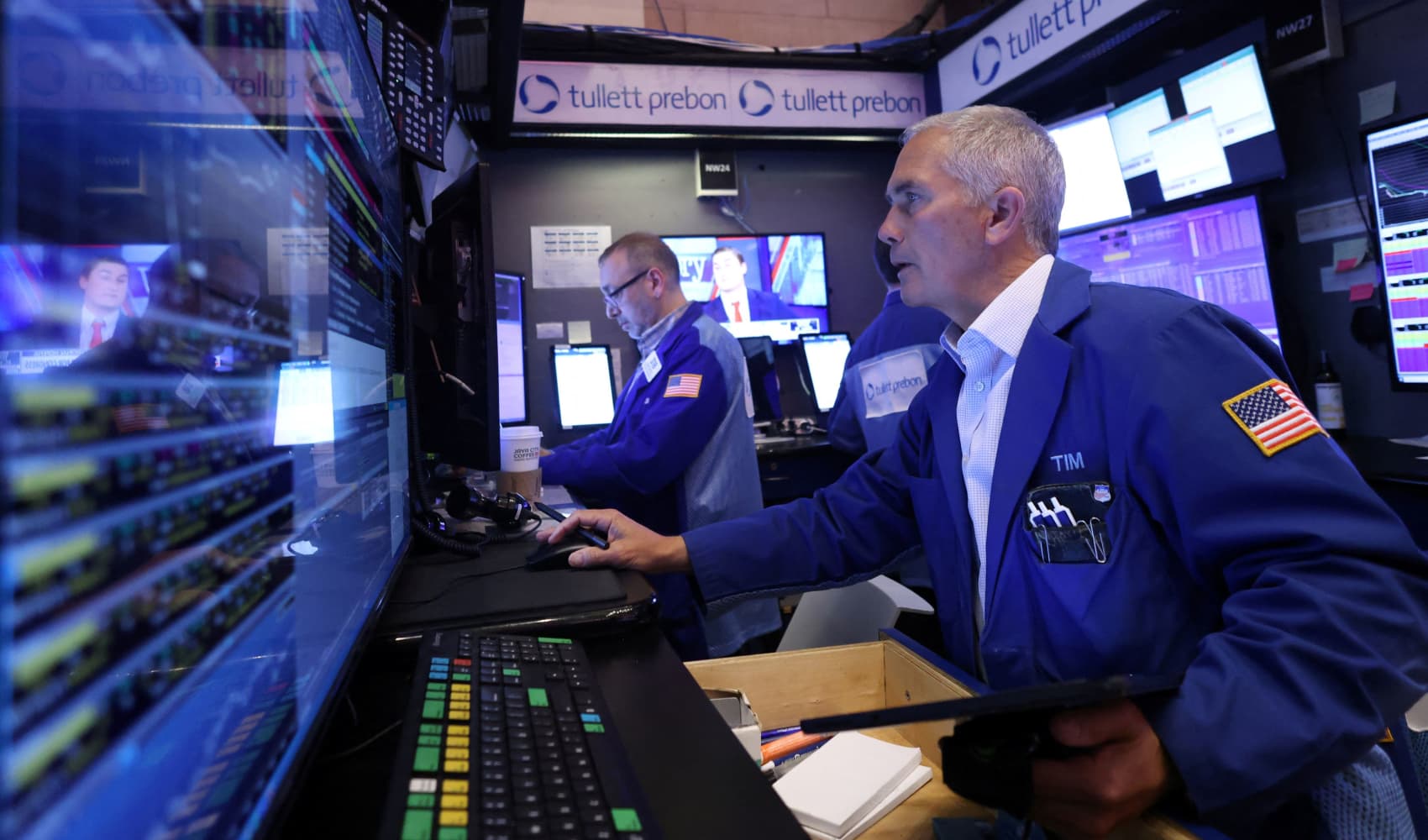
Listen, if the president is removed via the 25th Amendment today, obviously no one will be paying attention to the trade deficit. But we've had a number of remarkable macro developments in the past few sessions that are worth a quick round-up, and aren't unrelated to the transition of power in Washington.
In a nutshell:
> The 10-year yield popped back above 1% on Tuesday for the first time since March as it became apparent Democrats will take control of Congress. Soon-to-be Senate leader Chuck Schumer said $2,000 stimulus checks are "one of the first things we want to do," despite overheating warnings from the likes of Larry Summers. We're up to 1.08% this morning.
> At the same time, also on Tuesday, the first key data point of the year--the ISM manufacturing index--shot above 60 for December, and the new orders gauge soared to 67. The service index today also rose, to 57.2, just a tenth of a point below its pre-pandemic reading in February. This was all before the latest Covid relief package passed, not to mention whatever the next one could bring.
> Inflation expectations (using 10-year breakeven rates) broke above 2% this week--the Fed's long-term target--for the first time in two years. As of this morning, we're up to 2.1%.
> The Fed's Bostic said they could begin the so-called "taper" of bond purchases this year "if we determine things have strengthened appreciably." We talked to Ellen Zentner about the significance of him saying so publicly. (The Fed's Mester pushed back against that, saying changes this year are "unlikely.")
> The Fed minutes yesterday did in fact show a discussion of the taper occurring amongst "a number of participants" at the last meeting...and oddly, said "the process could generally follow a sequence similar to the one implemented during the large-scale purchase program in 2013 and 2014." I say "oddly," because the Fed was widely criticized back then for setting off the "taper tantrum," when the 10-year yield surged from 1.7% to to over 3% in the back half of 2013--an outcome they're clearly hoping to avoid right now.
Money Report
Jefferies, by the way, put out a note yesterday saying as a result of Democratic control of the Senate, they now expect another $900 billion to $1 trillion in fiscal stimulus, making a Fed "taper tantrum now a real risk." They see the 10-year at 2% by the end of next year, up from 1.3% previously.
> The CRB raw industrials index hit a 2.5-year high this week, and the food price index, a 3.5-year high.
> Bitcoin has surged to nearly $39,000, and the "crypto market cap," according to CoinGecko's list of 6,000+ assets, is now over $1 trillion, up fivefold from a year ago.
> And, we learned this morning that the trade deficit as of November was the highest in over a decade, and one of the highest on record. Why? The strong U.S. consumer. Imports are way outpacing exports. The real goods deficit, according to J.P. Morgan, hit its highest level on record (since 1994).
Point being: the economic data was strong even before we knew the results of the Senate run-offs, and now markets are in a tizzy at the prospect of another large-scale round of fiscal support. It's either the perfect scenario for jump-starting a self-sustaining recovery from the pandemic, or a perfect storm for the dollar, deficits, and inflation. No pressure, policymakers.
See you at 1 p.m!
Kelly






